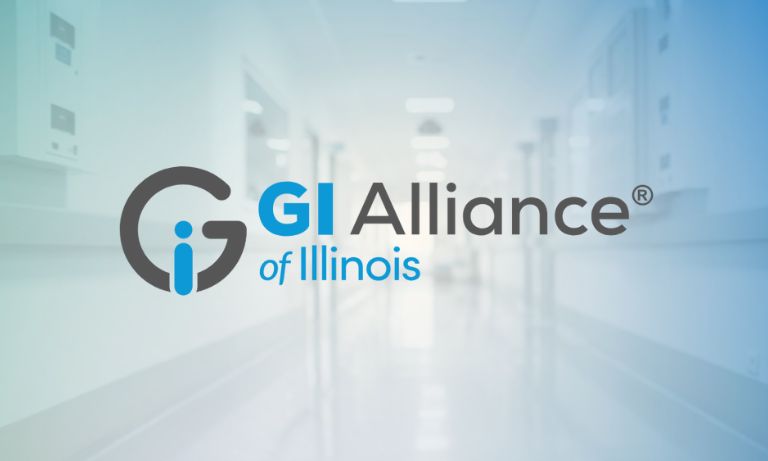Reviews
Compassionate Gastroenterology Care In Illinois Medical Excellence With A Patient-Centered Approach
March is Colon Cancer Awareness Month
Right Time. Right Test. Right Now.Colon cancer is one of the most preventable cancers with early detection. If you are 45 or older, or at increased risk, now is the right time to schedule your screening. Protect your health and connect with your preferred GI Alliance of Illinois provider today.

Personalized Gastroenterology Services Across Illinois from Trusted Specialists
Welcome to GI Alliance of Illinois. Our patient-centric focus will ensure that your care and comfort will always be our top priority. Our team of skilled GI specialists assists patients with achieving their optimal GI health through diagnosis, treatment, and management of a variety of GI conditions that range from acid reflux, bloating, and constipation to Inflammatory Bowel Disease, colon cancer, liver disease, and much more.
OUR SERVICES
Anorectal Manometry
Barrx™
Capsule Endoscopy
Cholangiopancreatoscopy (SpyGlass®)
Colon Cancer Screening
Colonoscopy
EGD
Elevated Liver Tests
Endoscopic Mucosal Resection
Endoscopic Ultrasound (EUS)
Enteroscopy
ERCP
Esophageal Dilation
Esophageal Impedance Test
Esophageal Manometry (Motility Tests)
Feeding Tube Insertion
FibroScan®
Flexible Sigmoidoscopy
Hemorrhoid Banding
Infusion Therapy (IV Infusion)
OUR SERVICES
At GI Alliance of Illinois, we are dedicated to providing comprehensive, patient-centered care for a wide range of gastrointestinal and liver conditions. Our team of highly skilled specialists utilizes the latest diagnostic and therapeutic procedures to ensure accurate diagnosis and effective treatment. Below is a list of some of the advanced services we offer:
Anorectal Manometry
Barrx™
Capsule Endoscopy
Cholangiopancreatoscopy (SpyGlass®)
Colon Cancer Screening
Colonoscopy
EGD
Elevated Liver Tests
Endoscopic Mucosal Resection
Endoscopic Ultrasound (EUS)
Enteroscopy
ERCP
Esophageal Dilation
Esophageal Impedance Test
Esophageal Manometry (Motility Tests)
Feeding Tube Insertion
FibroScan®
Flexible Sigmoidoscopy
Hemorrhoid Banding
Infusion Therapy (IV Infusion)
LATEST RESOURCES


